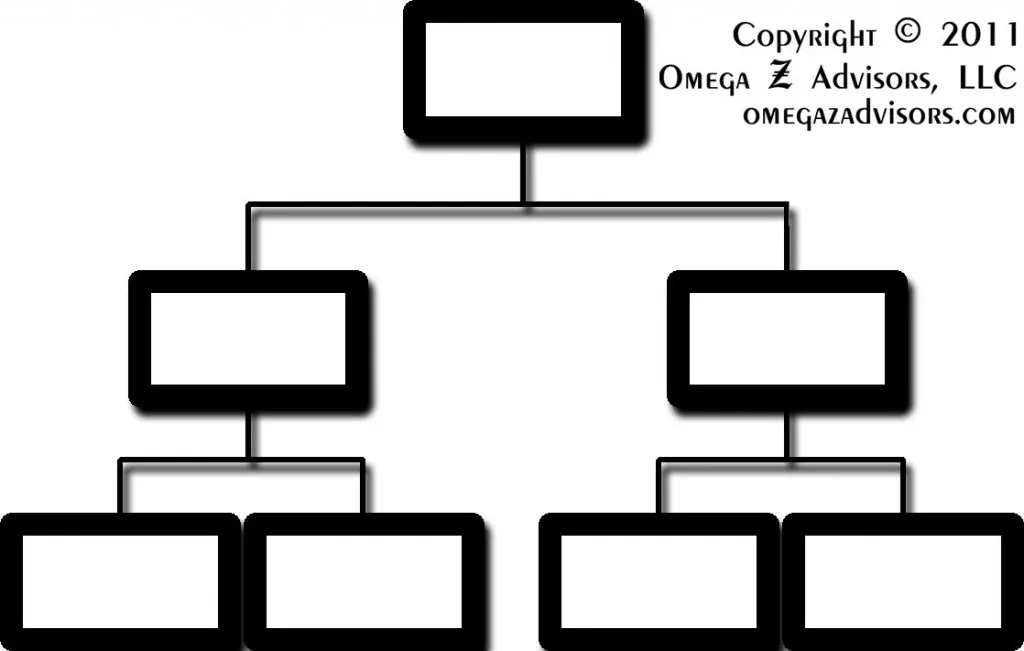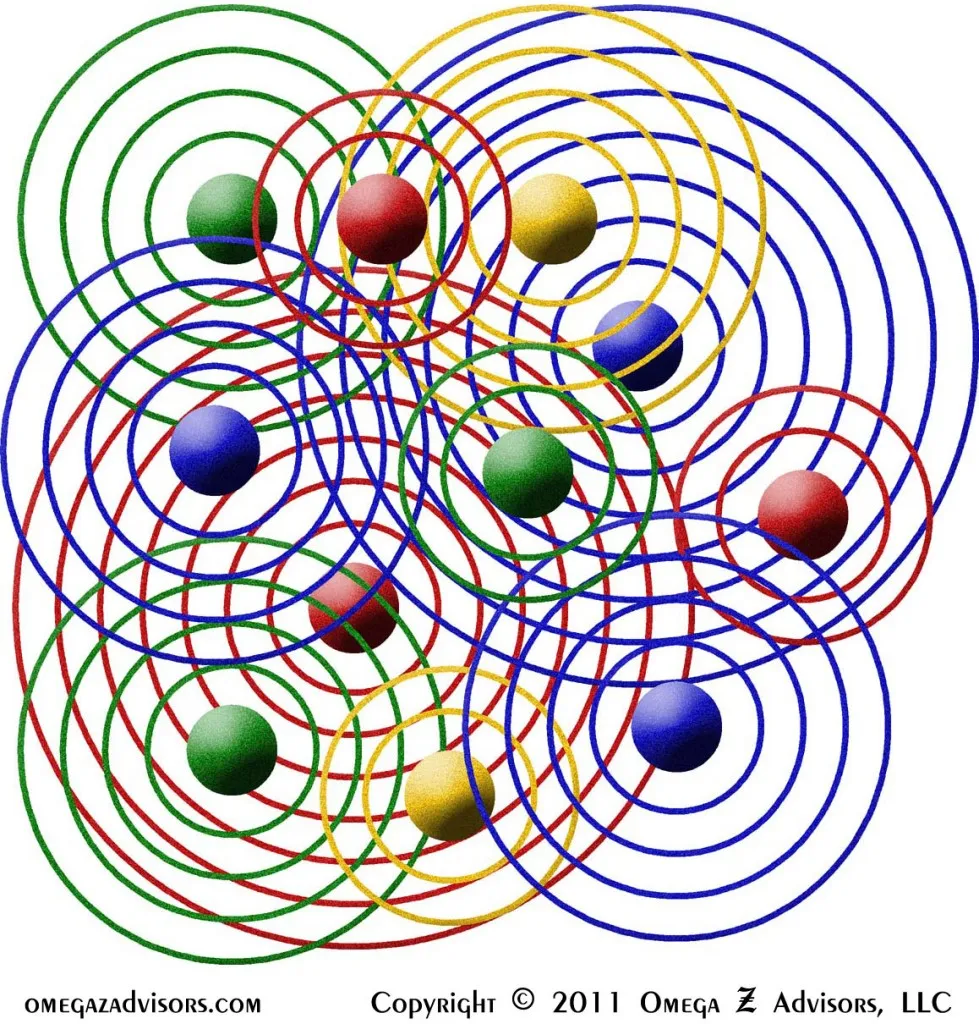Informal Organizational Power Your Personal Power
We are all born with power. Neither God nor evolution produces beings bent on their own demise. In groups this power takes the form of informal organizational power. It helps with our work. It helps us build relationships and deal with office politics.
The power we have in an organization is a function of 1) the authority it gives us and 2) our personal power in the organization. The first is formal organizational power. The second is informal organizational power. Figures 1 and 2 help show the difference.
Leadership and Management as Examples
Leadership and management are good examples of the difference between informal and formal organizational power. When two people hold the same management position, their authority is the same. Their influence is different though. That difference is informal organizational power.
This has a practical side though. For instance, one client expanded its definition of leadership from just those in management to those who could:
- Initiate and develop new services
- Grow existing services
- Find and develop new customer channels
Sources of Informal Organizational Power
The source of our informal organizational power varies with each of us. It could be our expertise, knowledge, achievements, attractiveness, personality, education, intelligence, experience, relationships, character, talents, skills, abilities, credibility, reliability, judgment, wisdom, seniority plus many other things.
A machinist in a plant who could run more of the machines better than anyone else held tremendous personal power. A retail buyer who had a long history of successful buys did too. Top sales people often have such power. There are always “go to people” in any organization that have informal organizational power.
Differences in Effect
Formal organizational power gets people to do things because they must. It is the rule. It promotes compliant behavior.
Informal organizational power promotes inspired behavior. People tend to like or respect those with this power. No one gave it to them as is the case with formal organizational power.
This informal organizational power overlays the formal. It is the influence of a multitude of relationships that vary by situation and time. Tension can arise between those who have a lot of one but not of the other.
In the end though, groups can take our authority, but they can never take our power.




